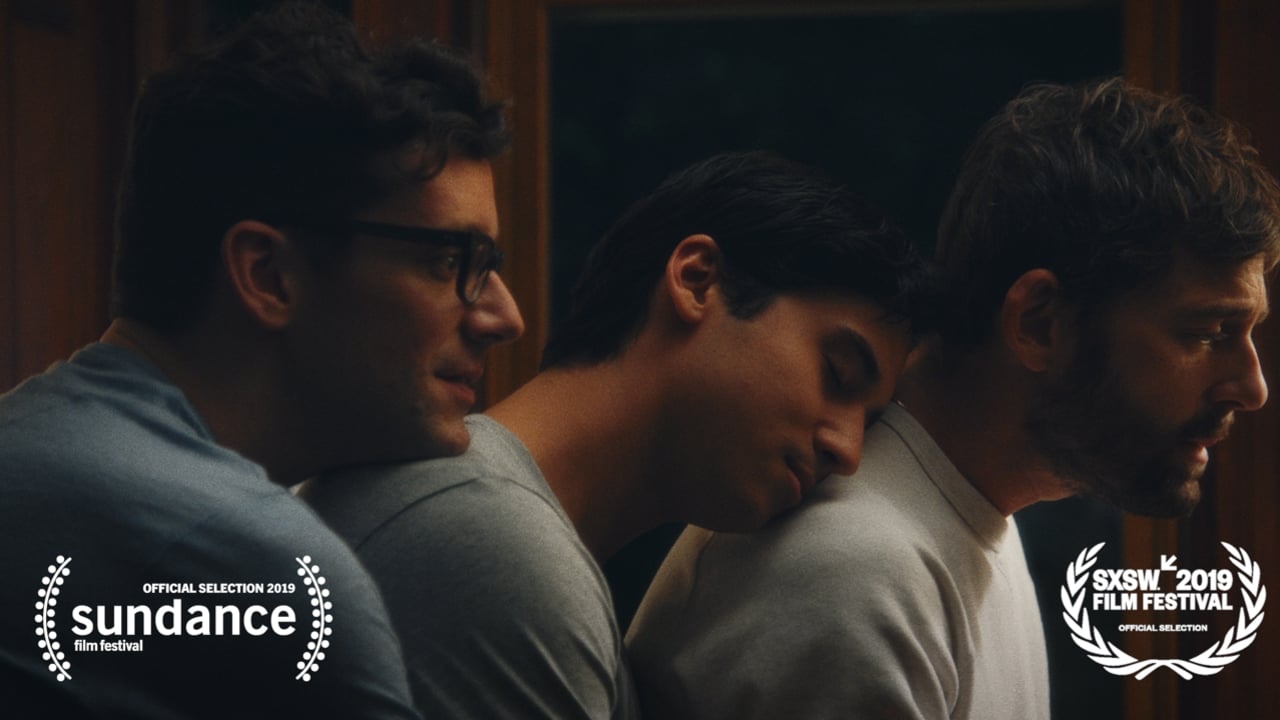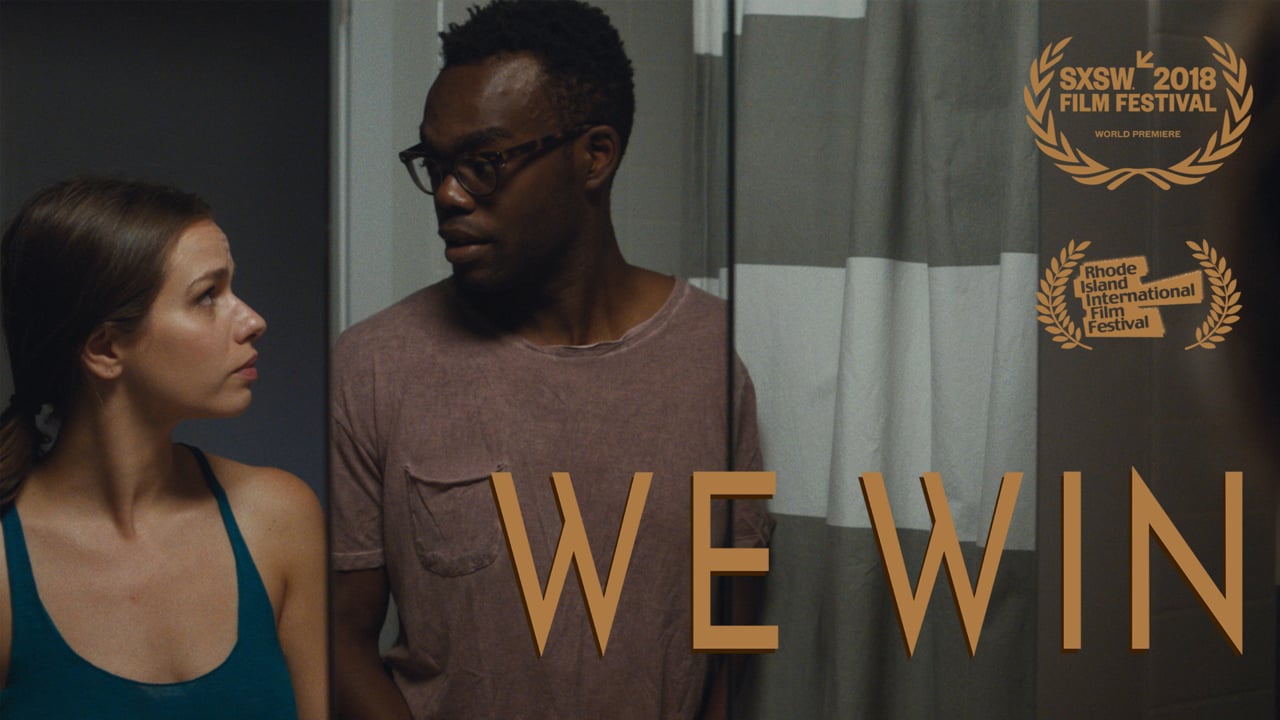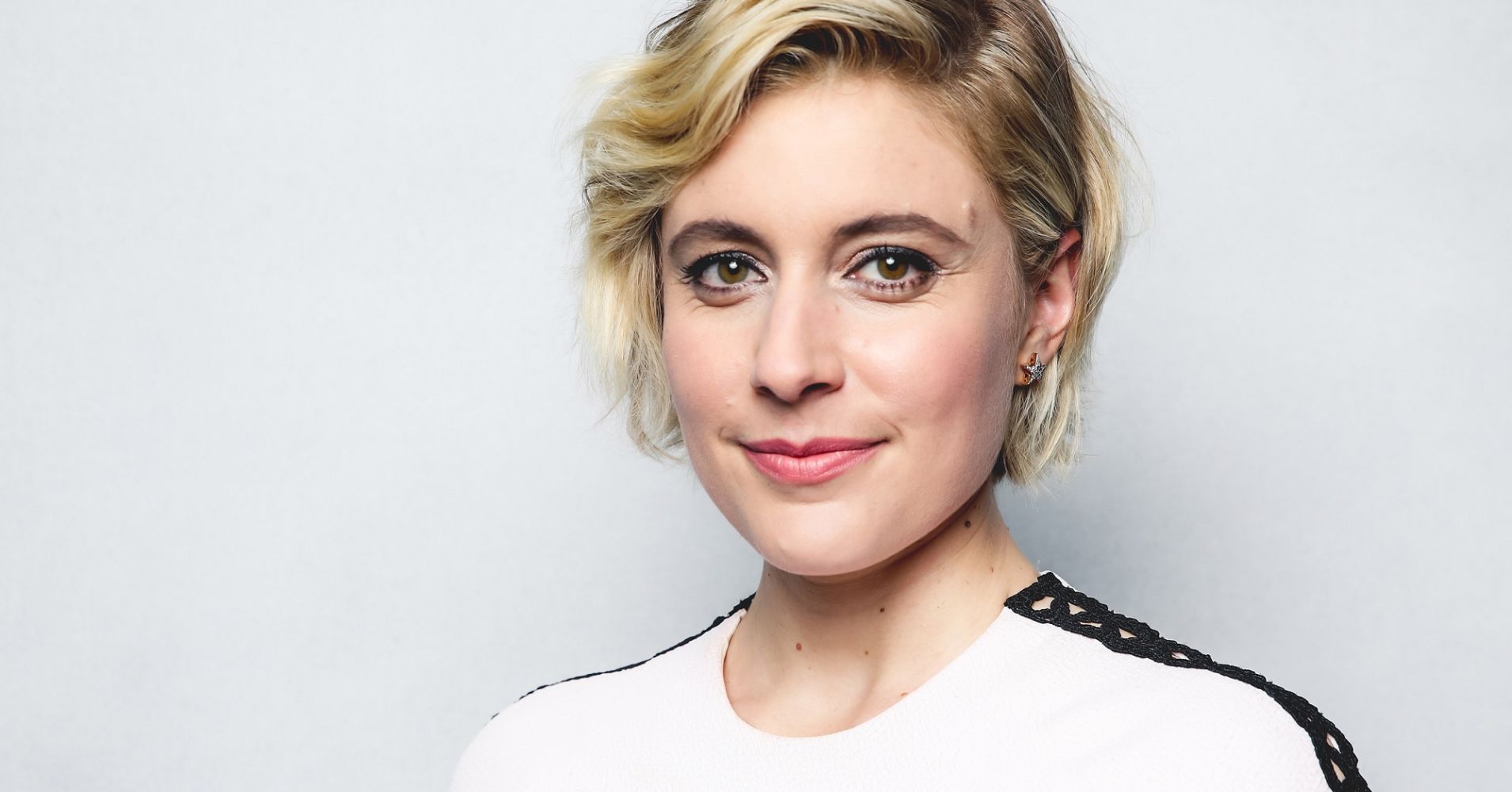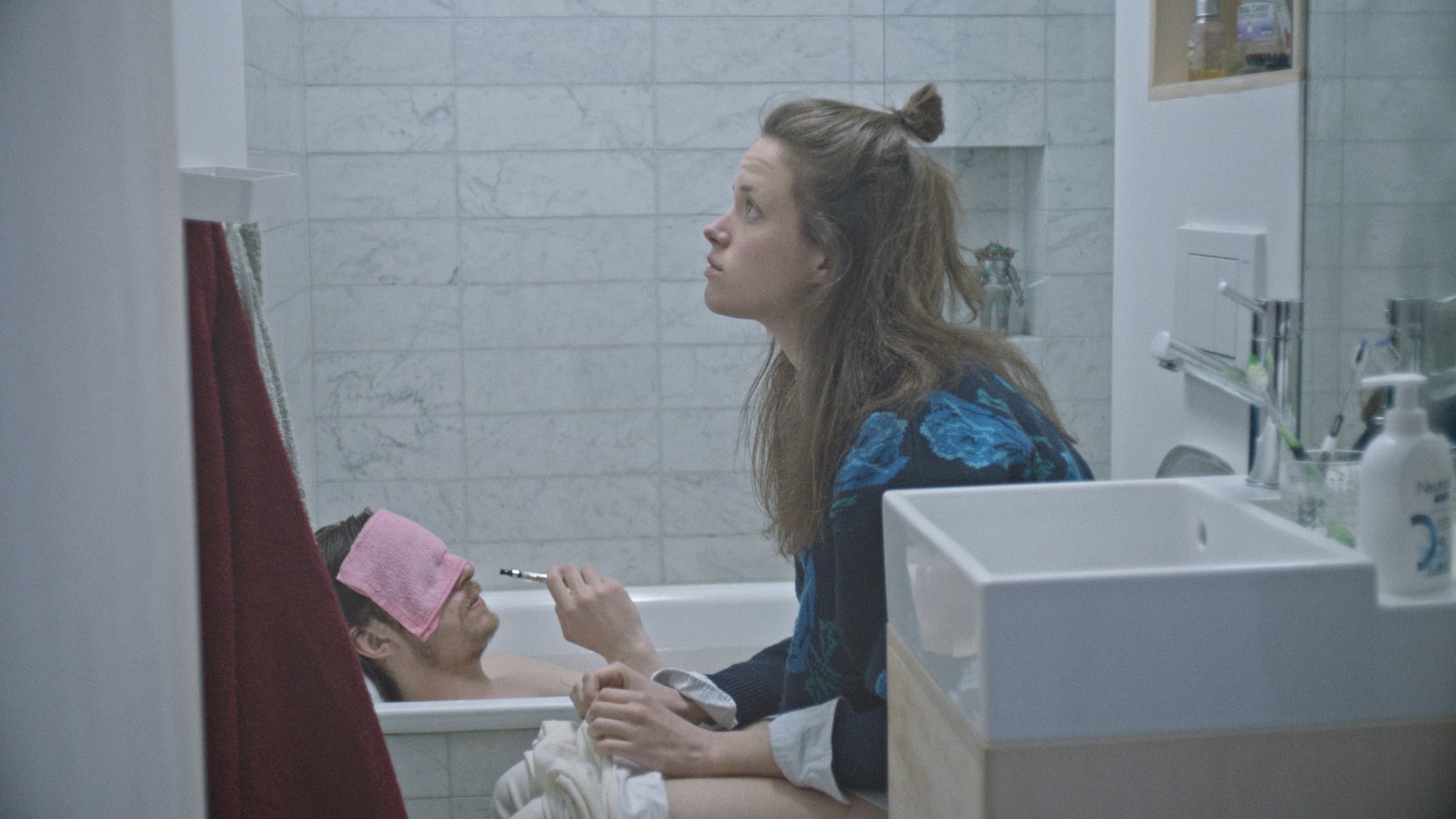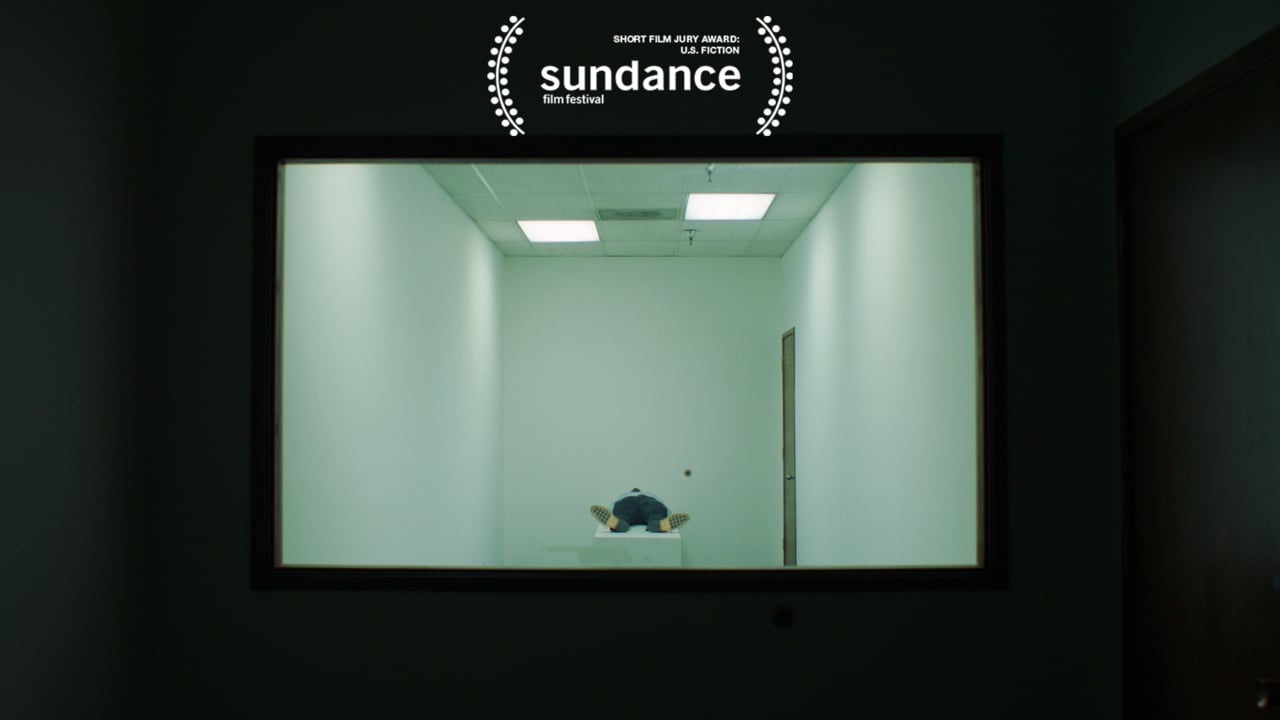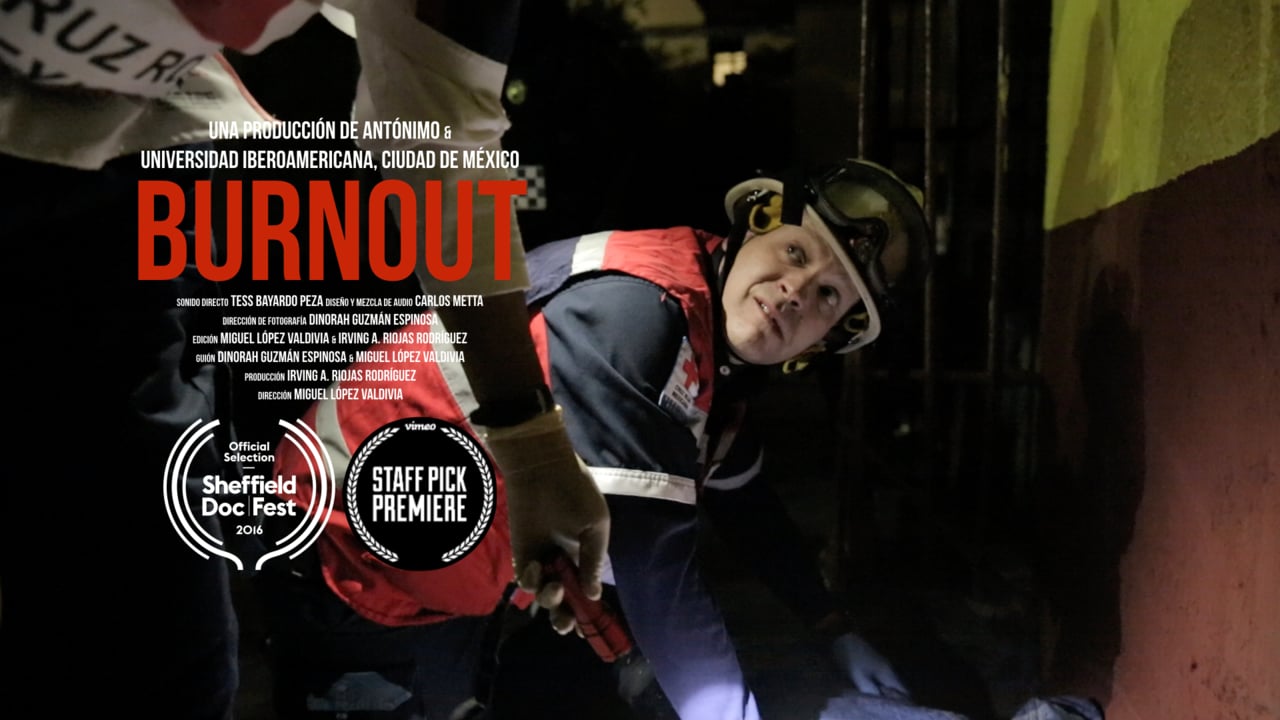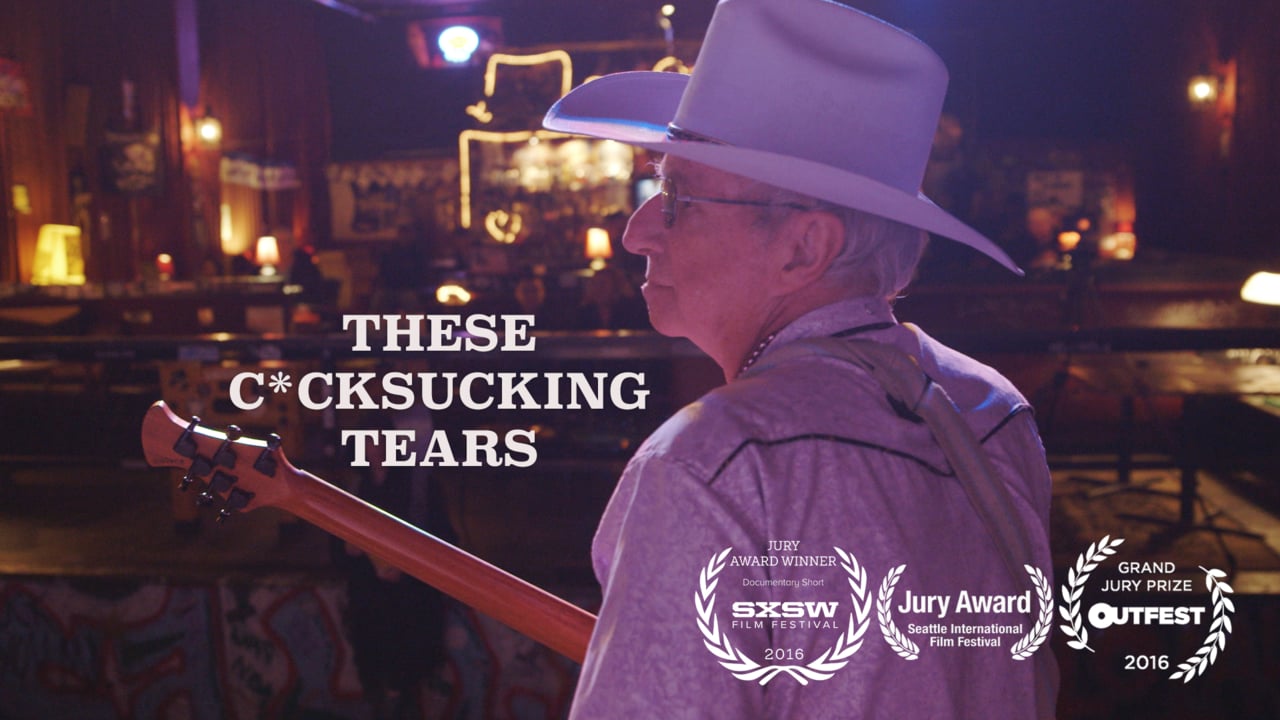There are many incredible films at Sundance every year, but Joey Ally’s short PARTNERS left a lasting impression. In just under seven minutes, the film brings the viewer into the complexities of a modern-day relationship. As a couple navigates their newest rocky patch, they passively reference long-standing differences in conversation, while employing newly surfaced ammunition. It’s a situation most can, unfortunately, relate to, and it feels entirely real. Written and starring Hannah Pearl Utt and Jen Tullock from the recent Staff Pick “DISENGAGED,” the duo captures what it feels like to fight for the upper hand, while not trying to hurt the other person involved … well, not too badly at least. Anyhow, the film resonated with us and we are delighted to premiere it today on Vimeo, along with a conversation that I had with Joey about collaboration and what it means to be a short-film creator today. Vimeo: Partners captures the complexities of being in a relationship so perfectly. Where did the desire to share this story come from? Joey Ally: When Season 1 of Transparent came out, TJ — my real life “partner,” and the film’s cinematographer/editor/our fellow producer — and I loved it so much that we watched the entire season twice in a row. Watching the Pfefferman’s love and fight with each other in such a grounded, visceral way made me want to make something simply deep. I wanted to make something focused outside the white, heteronormative experience, something entertaining and funny and fun with gravitas that gave that ease of tone to characters you don’t get to see inside of it all the time. It’s really important to me that what I make in my life have a reason, and in directing I’ve started to find this “reason” by working with socially unconventional protagonists. Although my life is by all standards pretty great now, I grew up heavily bullied for the bulk of my youth, and I guess it’s always made me stick more on the side of the outsider. I want to make my audiences recognize them as an insider, as themselves. When Hannah and Jen popped up with Partners shortly thereafter — as besties and writing partners who’d crafted a couple constantly and hilariously bickering about their sex life (among other things) — it felt perfect. [It’s] a couple going through something, and that couple is gay, and the tone of the piece points neither to nor away from their sexuality. You’re just watching two people go through some shit, and they happen to be people with lives that we haven’t seen explored in media nearly enough, which means an amazing wealth of fresh moments to explore. I’d always rather watch, and make, something new.
The roundness of the film, I think, mirrors the roundness of the experience of arguing with someone you already know you’ll forgive.”The performances, setting, and writing all felt so natural and genuine. How were you able to achieve this feel? It didn’t hurt to start with amazing writer/actors who knew each other all the way down and trusted each other completely. Because Jen and Hannah had been playing with these characters for some time, I was able to come in and tweak and pinch and pull here and there. We workshopped the script over a couple rehearsals in the space where we ultimately shot. We f—ed around and improvised and found what was funnier than what was on the page, and what was too funny in a scripted way and cut it, and where there may be needed to be some denouement, or one character or the other needed to trim back the anger to not really end things, and honed and honed. After taking time to prep, the shoot and edit were actually very quick – TJ and I have a pretty symbiotic working relationship and he’s an amazing DP, who I then convinced to edit the thing, and I think keeping it so homegrown was another large factor in it gelling so completely. In the edit, we worked hard to cut any knee-slapping or quippy moments that they felt like they broke the reality of the space. There’s a bloopers reel in that footage that’s pants-wetting good; Jen and Hannah are hilarious. But I wanted, and we all wanted, it to feel really real. So I guess, we did it by starting with something we all understood — that loving each other doesn’t mean everything’s perfect — and then we all tried to stick to the truths we knew about that thing, instead of punching it up.
Following PARTNERS, I really wanted to make something that combined what I’d learned about using improvisation to organically mold a story, with a more intentional style of shooting, while continuing to feature unrepresented protagonists. I came across the NYTimes exposé, “Unvarnished” and ended up writing what I am now calling a comedic tragedy – it was a dark comedy, but then, it got darker… – about a Connecticut, Korean owned nail salon. (I’m a total Louis C.K. acolyte and what he’s said about moving from Comedy into Tragedy is completely how I’ve been feeling. Everything is so dark this year). The project, JOY JOY NAILS, is 70% in Korean and Mandarin, with an 80% female, Asian and we just picture locked yesterday. My brain broke a little making it, with all the inherent complications of cross-cultural and cross-language filmmaking, and trying to be as authentic as possible, but I can honestly say it did its job getting me ready to get into my feature. I have a romantic comedy called THE BRIDESMAN about a gay, Persian gynecologist in his 30’s who comes out as a drag queen when he is asked to be his best friend’s Bridesman of Honor. It’s pretty fun. RuPaul is a character. Everyone should watch Drag Race, [it’s the] most compelling reality programming in TV his/her story, if you ask me. I’m also developing a show about getting older in the Eastside LA music scene called SPINSTERS, about two over-30 female DJ’s and their manager, with my lifemate/comedy writing partner Alex Kern. And a musical I plan to star in about an international Spanxwear model. All through TJ’s and my company, SilverOx Pictures (www.silveroxpictures.com). Other than that, I stare at the wall a lot I do too! Thanks, Joey. To check out past Staff Pick Premieres, click here. If you’re interested in premiering your short film as a Staff Pick Premiere, please check out www.vimeo.com/submit for more information.

